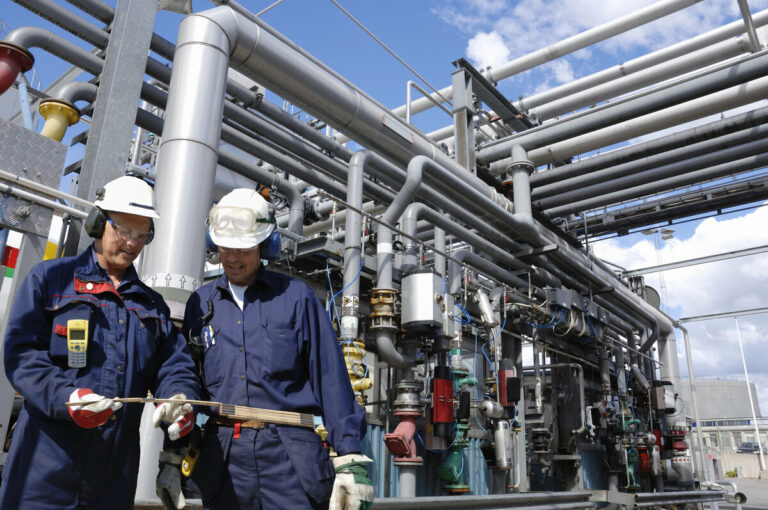Russia
Former U.S. Army commander: Szijjártó’s frequent meetings with Lavrov erode trust

Thousands of Russians arrive in Hungary to work on the Paks II project

Hungary’s dependence on Russian oil is problematic, according to analyst – Here’s why

Hungarian MOL reaches agreements securing Druzhba crude deliveries

Russian oil dispute in Hungary: Market struggles or internal conflicts

Hungary’s National Card Programme enabling Russian citizens a Schengen access under fire – UPDATED

Republicans warn of Hungarian leader Orbán’s influence on Trump and U.S. policy

EU outraged: Infringement procedure may follow Hungary’s National Card Programme

Washington Post: Orbán increasingly represents everything the EU opposes

Will the Budapest meeting of eurozone finance ministers be boycotted?

FM Szijjártó holds talks with Gazprom CEO, says Hungary ready for winter

Hungarian defence minister: Most EU members considering steps that could lead to escalation

MOL not informed of plan to shut down Friendship crude oil pipeline, company says

Breaking – Ukraine clarifies position: Russian oil transit to Europe will continue through 2029

Breaking – Ukraine to shut down Druzhba oil pipeline on 1 January, raising concerns for Hungary’s oil supply

‘War psychosis’ still rampant in Brussels, says FM Szijjártó

Hungarian man arrested for smuggling U.S. military devices to Russia

More details emerged about Hungary’s National Card “for Russians, Belarusians”





 ZH
ZH IT
IT DE
DE HR
HR NL
NL FR
FR JA
JA RO
RO RU
RU ES
ES TR
TR
